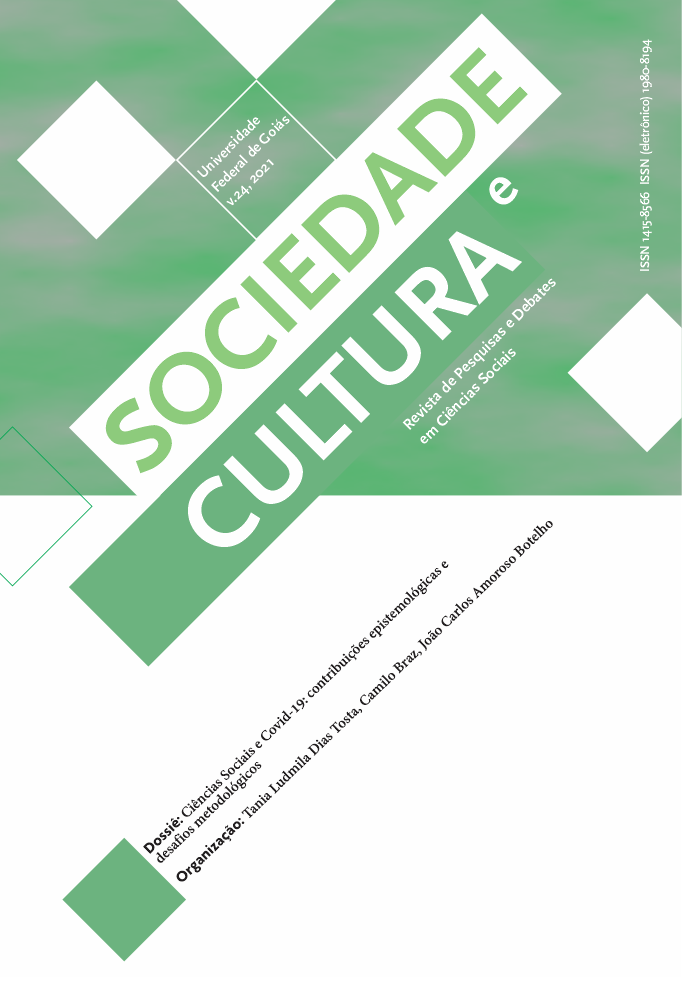Personalized clientelism in Colombia: a historical-institutional approach to a case study
DOI:
https://doi.org/10.5216/sec.v24.57225Abstract
Much of the political science literature regards clientelism as harmful to democracies. To a lesser extent, other approaches estimate that clientelism is a mechanism that meets the needs of vulnerable populations. This article aims to contribute to knowledge built on this theme through a case study. It seeks to: 1) show how clientelism works, taking the municipality of Barranquilla, Colombia, as a reference; 2) propose explanations to grasp the clientelist rationale; and 3) investigate its effects on the democratic regime. From a historical-institutional perspective, we argue that clientelism in Barranquilla has a personalistic rather than a partisan nature, as a result of political arrangements and institutional changes that have taken place in Colombia since the mid-20 century. Evidence allows us to claim that clientelist politics has allowed
the local economic-political elites to perpetuate in power and that the asymmetries between rulers and ruled persist.
Downloads
Downloads
Published
How to Cite
Issue
Section
License
Copyright (c) 2021 Sociedade e Cultura

This work is licensed under a Creative Commons Attribution 4.0 International License.
Authors who publish in this journal agree to the following terms:
- Authors retain the copyright and grant the journal the right of first publication, the work being simultaneously licensed under the Creative Commons Attribution License, which allows the sharing of the work with acknowledgment of authorship and of the initial publication in this journal;
- Authors are authorized to enter into additional contracts separately, for non-exclusive distribution of the version of the work published in this journal (eg, publishing in an institutional repository or as a book chapter), with acknowledgment of authorship and of the initial publication in this journal;
- Authors are allowed and encouraged to post and distribute their work online (eg, in institutional repositories or on their personal page) at any point before or during the editorial process, as this can bring productive change as well as increases the impact and the citation of the published work (see O Efeito do Acesso Livre).



